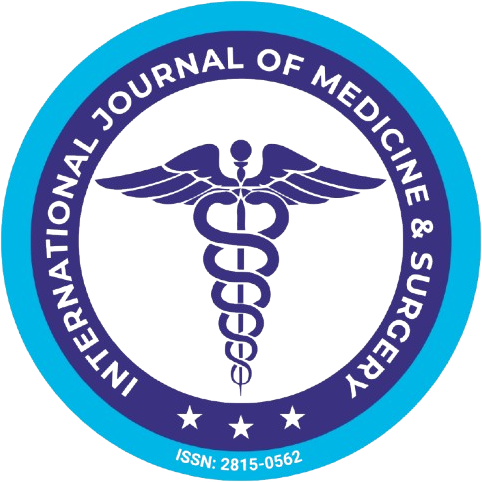PHARMACOLOGICAL STUDY ON THE PLANT PONGAMIA PINNATA (L.) PIERRE
ARTICLE HISTORY: Submission: Feb 25, 2024, Revision: Mar 18, 2024, Acceptance: May 15, 2024, DOI INFO: https://doi.org/10.56815/ijmsci.v4i1.2024.13-26
Keywords:
Karanj, Pongamia Pinnata, Phytoconstituents, Traditional uses, Ethanolic extract, Charak samhitaAbstract
This study explores the utilization of herbs within the context of current medical trends and approaches. Notably, herbs are observed to provide cost-effective treatment compared to synthetic chemistry, while also causing minimal side effects on the host. Pongamia pinnata, known as 'Karanj' in Hindi, is a herb contributing to traditional medicine, as per Ayurveda and Charaka-Samhita. Widely available in India and several other countries, Pongamia pinnata contains numerous polyphenolic compounds, including flavonoids, polyphenols, and volatile oils. These compounds play a crucial role in supportive and preventive care for various conditions. Traditionally, different parts of the plant are utilized for their respective actions, addressing medical conditions such as whooping cough, bronchitis, dyspepsia, leprosy, gonorrhea, rheumatism, and more. The plant extract exhibits a spectrum of activities, including anti-diarrheal, antifungal, anti-plasmodial, anti-ulcer, anti-inflammatory, anti-nociceptive, anti-hyperglycemic, anti-hyper-ammonic, antilipoxidative, antioxidant, analgesic, and anticancer properties. Additionally, leaves extract demonstrates cardio protective activity. Observations indicate that flavonoid constituents of the plant manifest hypolipidemic and antihyperlipidemic effects. The ethanolic extract of Pongamia pinnata is noted for its antioxidant and antidiabetic properties, attributed to the presence of flavonoids and active phenols like Pongamol and Karanjin. Furthermore, the oil derived from Pongamia pinnata seeds serves as a source of biodiesel, representing a non-pollutant and sustainable approach towards environmental conservation. This comprehensive exploration underscores the multifaceted therapeutic potential of Pongamia pinnata, offering insights into its diverse pharmacological activities, traditional applications, and contemporary relevance in the realms of medicine and environmental sustainability.










 IJMSCI is a Peer-Reviewed Journal and valid as per New UGC Gazette regulations
IJMSCI is a Peer-Reviewed Journal and valid as per New UGC Gazette regulations








